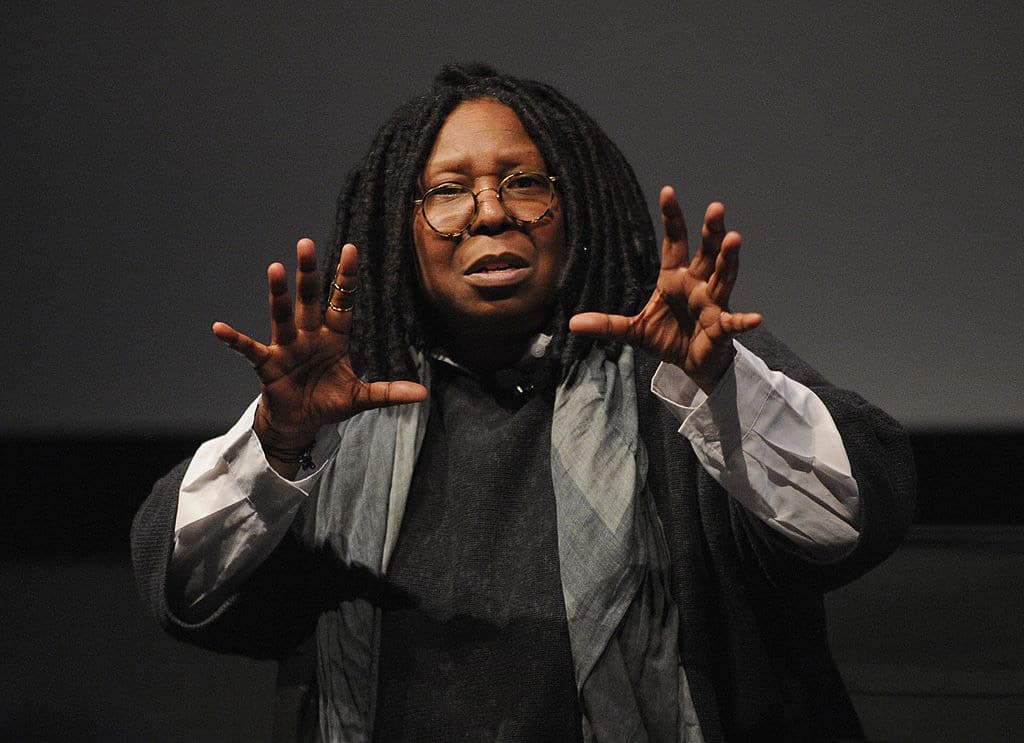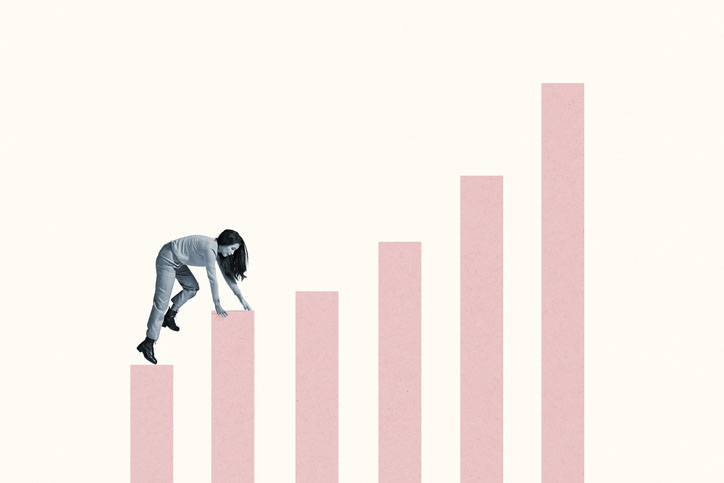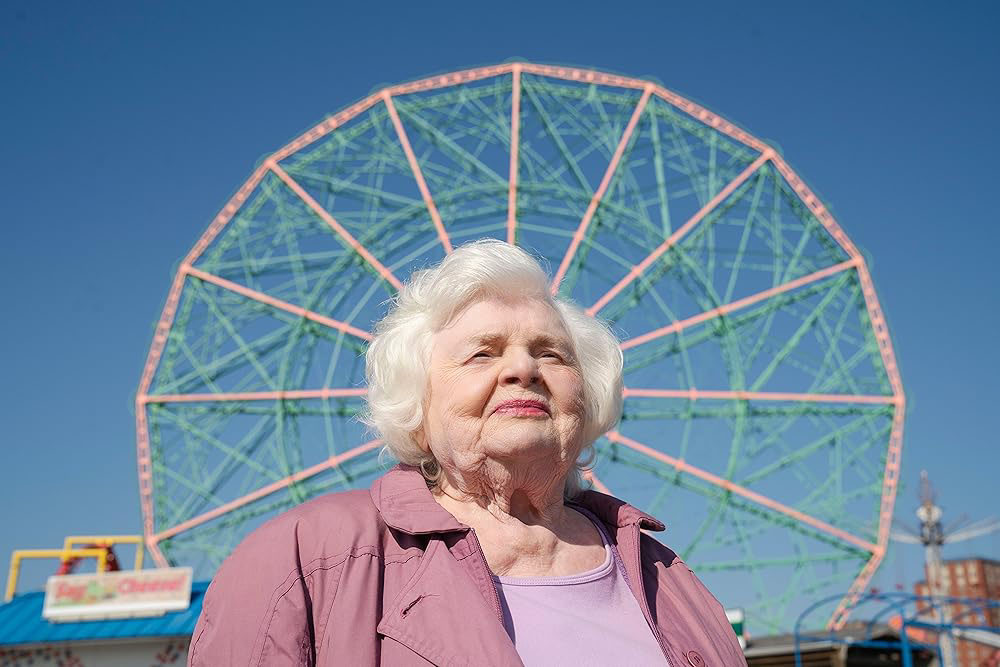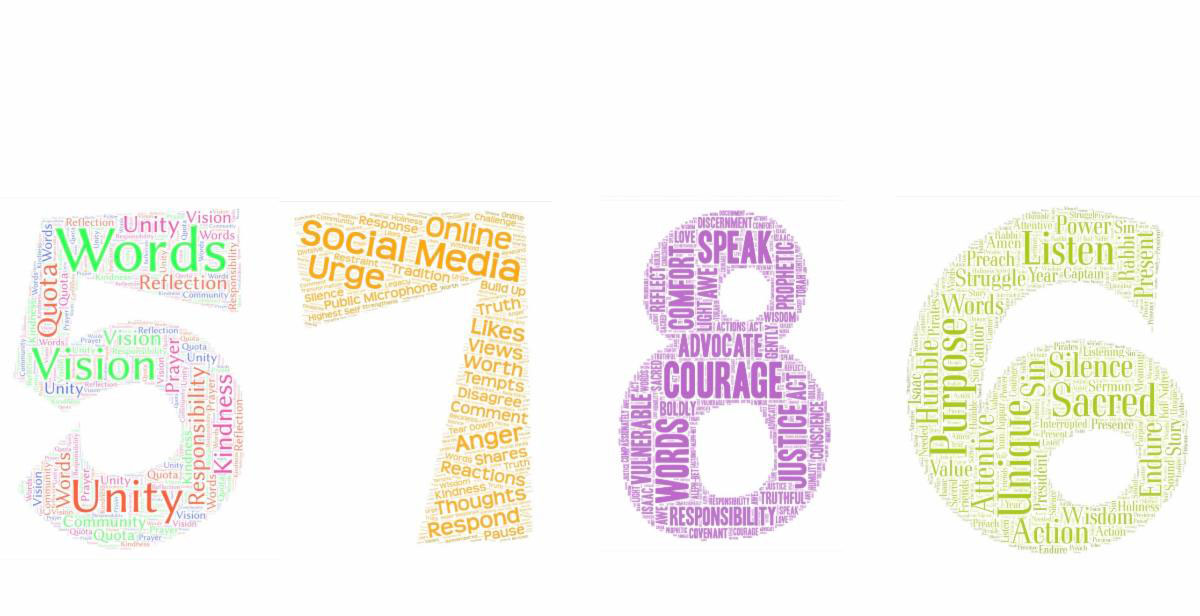
I didn’t want to write about Whoopi Goldberg this week. In a world in which anti-Semitism is flourishing, in which Jewish college students are facing increasingly hostile treatment on their campuses, and where Iran’s progress toward a nuclear weapon is accelerating, a 20th century comedian’s thoughts about the Holocaust is well down my list of concerns.
But Caryn Elaine Johnson, who tried out the stage name “Whoopi Cushion” before settling on Goldberg, is still worth some of our attention. Her suggestion that the Nazis’ persecution of millions of Jews was not racism probably reflected her intellectual laziness rather than any actual malice. But it still reflects a legitimate and menacing challenge for the Jewish community, especially as it relates to our weakened relationship with other, more commonly designated minority groups.
Goldberg pushed back against her co-hosts on a recent episode of “the View” by summarizing the Holocaust in the following manner:
“But these are two white groups of people!”
Later that day, while attempting to clean up the damage, she expanded on this idea with talk show host Steven Colbert: “Most of the Nazis were white people and most of the people they were attacking were white people. So to me, I’m thinking, ‘How can you say it’s about race when you’re fighting each other?’
To be fair, Goldberg did make it clear she thought that one group of white people killing six million other white people was a bad thing. But the language she used as a substitute for racism — “man’s inhumanity to man” — implies that this was a random act that could have been perpetuated against anyone of any heritage, as opposed to specifically targeted hatred toward a particular group (religion, tribe, race) of people. Like Jews or Blacks.
Goldberg has done our community a great service: she has reminded us how much of the hard work of education still remains ahead of us.
Goldberg eventually apologized, but her original comments reflect a prevailing attitude in many underrepresented communities which embody a growing threat to all Jews. The idea that the Jewish people can no longer be considered a target of prejudice or hate after attaining some level of economic, professional or academic success that many of us have achieved has led many to the conclusion that Jews are somehow less deserving of protection from vitriol, abuse and violence. Further, it leads to a widening belief that both Jews and the Jewish state are oppressors against other marginalized communities, which in turn has created ruptures on the political left and increased danger for Jewish people everywhere.
When ugly nationalism on the far-right morphs into abject anti-Semitism, it is widely and loudly denounced from the Jewish community and our allies. But when liberal anti-Zionism oozes into the same type of anti-Semitism, our protests seem much lonelier and more isolated. I’ve written in these pages many times in the past that Jews must devote much more time and effort to rebuilding past alliances with other marginalized communities that have withered from lack of attention. Goldberg’s ignorance shows us the inevitable result of what happens when we fail to develop relationships with those who would benefit from a better understanding of our history.
But Goldberg’s seeming lack of enthusiasm for such an ongoing conversation is by far the most discouraging aspect of this entire ridiculous episode. After her apology, Goldberg concluded her conversation with Colbert with these dismissive words:
“Don’t write me anymore, I know how you feel. I’ll take your word for it and never bring it up again.”
In other words, she just wanted this entire unpleasant experience to go away. Goldberg hosts a television program that equates celebrity with knowledge: she simply thought she was going to be glib and woke in a way that her audience has come to expect from her. Once she realized she had made a mistake, it was clear the last thing she wanted was to go deeper into the issue — or do anything to help others avoid the same misunderstanding.
The former Caryn Elaine Johnson has actually done our community a great service: she has reminded us how much of the hard work of education still remains ahead of us.
Dan Schnur is a Professor at the University of California – Berkeley, USC and Pepperdine. Join Dan for his weekly webinar “Politics in the Time of Coronavirus” (www/lawac.org) on Tuesdays at 5 PM.


































